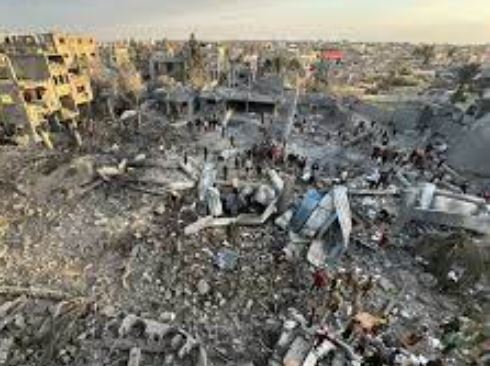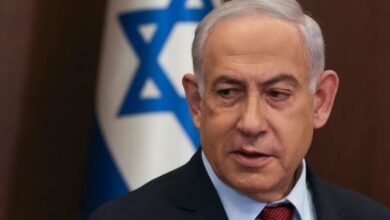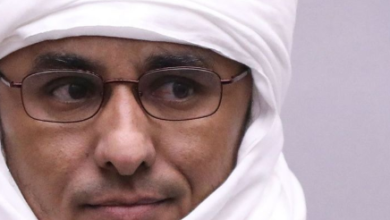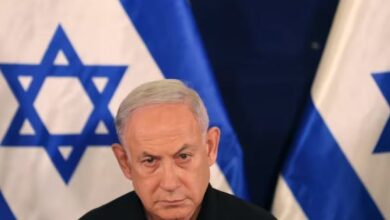Israel Bombards Central Gaza as Tanks Advance Deeper in Rafah

In a significant escalation of the ongoing conflict, Israeli forces have intensified their bombardment of central Gaza while advancing deeper into the Rafah area. This latest military action has led to severe destruction and heightened tensions, drawing international concern and calls for de-escalation.
Military Operations in Gaza
The Israeli Defense Forces (IDF) have been conducting extensive airstrikes across Gaza, targeting what they describe as militant infrastructure, including tunnels, weapons storage sites, and command centers operated by Hamas and other militant groups. The intensified bombardment of central Gaza has resulted in widespread destruction of buildings and infrastructure, significantly affecting civilian areas.
Simultaneously, Israeli tanks have advanced deeper into Rafah, a city located in the southern Gaza Strip near the Egyptian border. The ground operations are aimed at dismantling Hamas’s military capabilities and securing areas used for launching attacks on Israeli territory. The IDF has reported clashes with militant fighters as they push further into Rafah.
Casualties and Humanitarian Impact
The escalation has resulted in a significant number of casualties on both sides. Palestinian health authorities report dozens of fatalities and hundreds of injuries among Gaza residents, with the toll expected to rise as the conflict continues. Hospitals in Gaza are struggling to cope with the influx of wounded, facing shortages of medical supplies and equipment.
On the Israeli side, the conflict has led to casualties and injuries from rocket attacks launched from Gaza. Israeli authorities have reinforced bomb shelters and increased security measures in cities near the border.
International Reactions
The international community has expressed deep concern over the escalating violence and its impact on civilians. The United Nations, the European Union, and several countries have called for an immediate ceasefire and a return to negotiations. UN Secretary-General António Guterres condemned the violence, urging both parties to exercise maximum restraint and protect civilian lives.
The United States has reiterated its support for Israel’s right to defend itself while also emphasizing the need for de-escalation and humanitarian access to Gaza. U.S. Secretary of State Antony Blinken has engaged in diplomatic efforts, calling for a halt to the violence and the protection of civilians.
Humanitarian Aid and Access
The intensified military operations have exacerbated the already dire humanitarian situation in Gaza. Access to essential services such as water, electricity, and healthcare has been severely disrupted. Humanitarian organizations are calling for safe corridors to deliver aid and evacuate the wounded.
Looking Ahead
The current escalation underscores the deep-rooted and complex nature of the Israeli-Palestinian conflict. Efforts to broker a ceasefire and resume peace negotiations are crucial to preventing further loss of life and destruction. The international community’s role in mediating and providing humanitarian assistance remains vital.
As the situation continues to evolve, the focus will be on diplomatic efforts to achieve a ceasefire, alleviate the humanitarian crisis, and address the underlying issues driving the conflict. The path to lasting peace will require sustained engagement and compromise from all parties involved.





